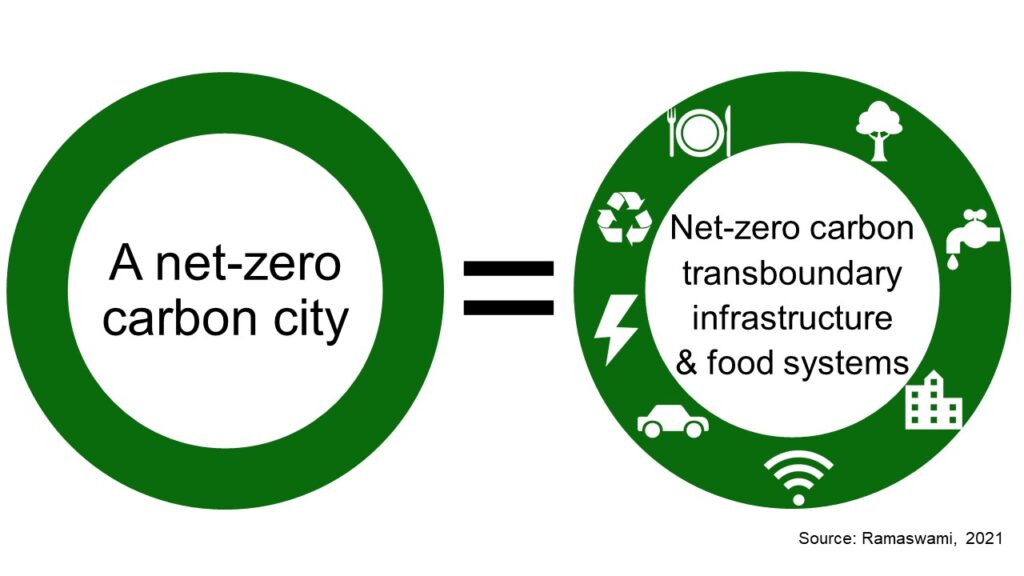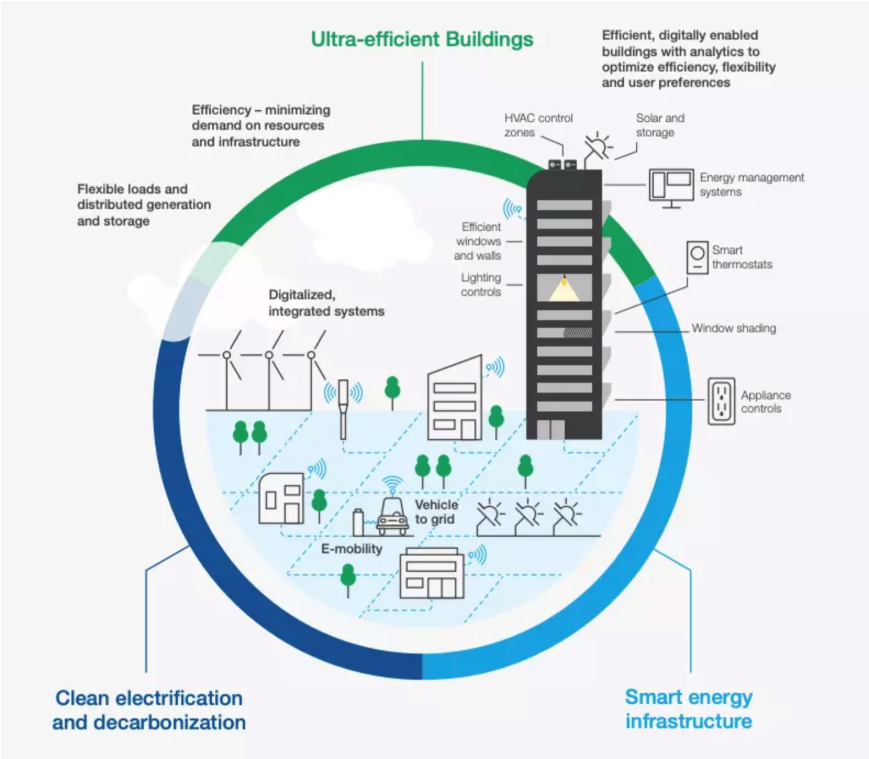Description

Copyright infringement is not intended
Context: The World Economic Forum and the National Institute of Urban Affairs (NIUA) signed a Memorandum of Understanding (MoU) to collaborate on a jointly designed ‘Sustainable Cities India program’.
Sustainable Cities India program:
- It aims to create an enabling environment for cities to generate decarbonization solutions across the energy, transport, and the built environment sectors.
- It will help to achieve India’s commitment to turn net zero by 2070 as a climate mitigation response at COP26.
- It intends to enable cities to decarbonize in a systematic and sustainable way that will reduce emissions and deliver resilient and equitable urban ecosystems.
How decarbonisation will be achieved?
- The Forum and NIUA will adapt the Forum’s City Sprint process and Toolbox of Solutions for decarbonization in the context of five to seven Indian cities across two years.
- City sprint process:
- It is a series of multi-sectoral, multi-stakeholder workshops involving business, government, and civil society leaders to enable decarbonization, especially through clean electrification and circularity.
- It will help to jumpstart and/or accelerate net zero planning and action.
- It uses the Toolbox of Solutions - a digital platform containing over 200 examples of clean electrification, efficiency and smart infrastructure best practices and case studies across buildings, energy systems and mobility from over 110 cities around the world.
- It will enable cities to run pilot solutions and based on findings, India will be able contribute 10 to 40 best practice case studies which will be integrated into the Toolbox of Solutions and showcased across the world.
Why India adopted this program?
- India is rapidly urbanizing and it is imperative for institutions to prioritize and embed climate resilience in the urban development process.
- Cross-sector and inter-organizational partnerships are crucial to foster an exchange of knowledge and identify best practices which can be applied effectively in the Indian context.
- As per the World Economic Forum’s Global Risks Report 2022, densely populated countries that are highly dependent on agriculture, such as India, are especially vulnerable to climate insecurity.
- Decarbonization in cities is an opportunity to keep global warming well below 2°C and cities in India can make an enormous contribution in reaching this goal.
About Net Zero Carbon Cities:
- It is an initiative by the World Economic Forum.
- Aim: to create an enabling environment for clean electrification and circularity, resulting in urban decarbonization and resilience.
- The program aims to do this by fostering public-private collaboration to bridge the gap across the energy, built environment and transport sectors.

About NIUA:
- Established in 1976.
- National Institute of Urban Affairs (NIUA) is India’s leading national think tank on urban planning and development.
- It is a hub for the generation and dissemination of cutting-edge research in the urban sector.
- NIUA seeks to provide innovative solutions to address the challenges of a fast urbanizing India, and pave the way for more inclusive and sustainable cities of the
https://www.pib.gov.in/PressReleasePage.aspx?PRID=1800831














